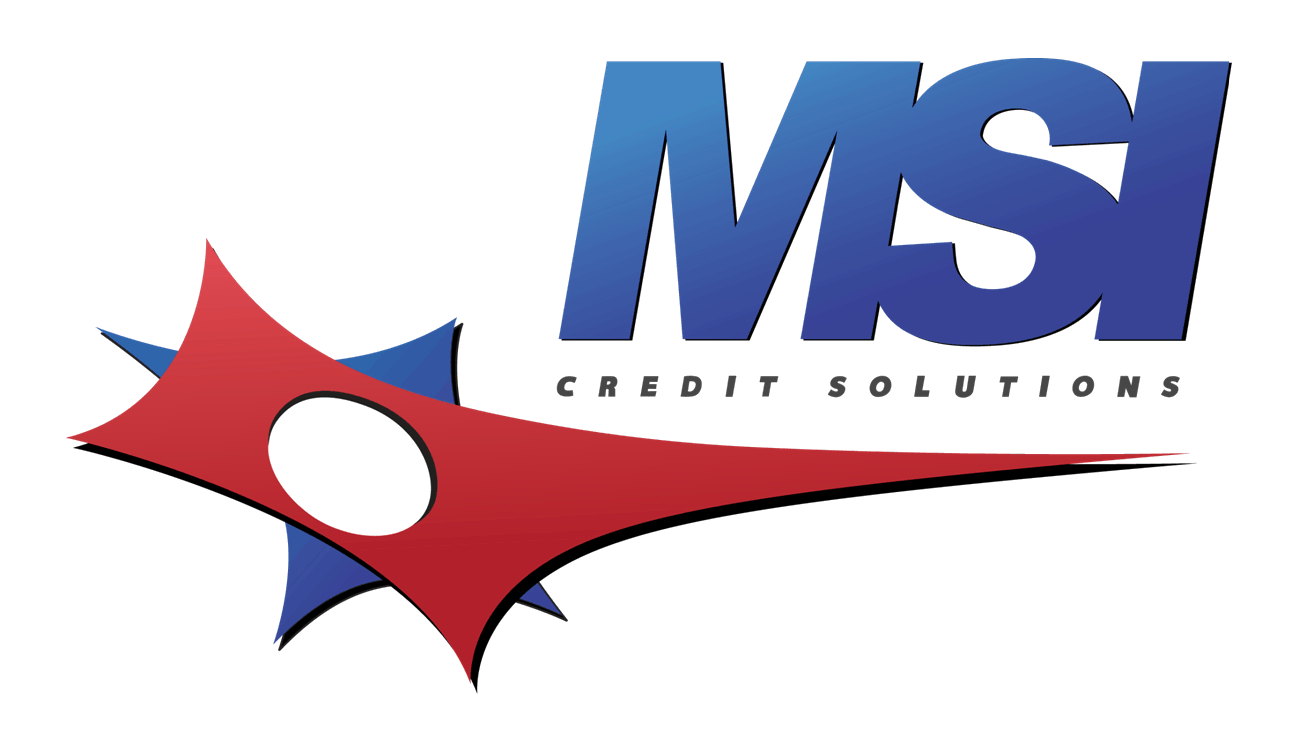Team Manager, Jeremy Moorehead, gives us great advice on how to maintain your credit score and avoid score decreases. Watch and learn how amounts owed, timely payments, and having collections can either increase or decrease your credit scores.
The first step to a good credit score is being current. every time a late payment of 30 days or more is reported your credit score will be negatively affected. Consequently, your credit score will decrease and if late payments persist, your account will also be at risk of being charged off. Be sure to keep a low credit card balance any balances over 30% of your available credit limit are considered a risk, which can consequently lower your scores. This can communicate that you may be struggling to make ends meet and may have more debt than you can handle. Your credit score benefits more as your accounts age. This shows financial responsibility on your end. This is why a credit card is essential as they are revolving accounts.
In comparison, loans are installment accounts and have terms that will eventually end once the payment is satisfied and full. Every time you apply for a line of credit an inquiry is placed on your credit report. Credit inquiries also affect your credit score, and can consequently lower your score. This is seen as a risk as it may communicate that you need funds that you may not have and cannot afford to make ends meet. As you go on with life, situations will arise where lines of credit will be needed. These lines will be things such as needing a car or obtaining your dream homework up to a healthy mixture of credit. It's important to show you're financially responsible and able to handle different kinds of revolving and installment accounts. A healthy mix of credit is three revolving accounts to one installment loan. Items such as late payments, collections, public records, or any other negative items hurt your credit scores. Remember your track record is 35% of your score, and these items are considered when your score is calculated. Audit these items with the three credit bureaus Equifax, Experian, and Transunion. Be sure to audit the items with the original creditor and the collection agency that owns the account. Through an investigation, you may find some items are resolved or removed from your credit report. The dispute process can be difficult to understand or complete. Hire professional help. At MSI Credit Solutions we can work on your behalf to resolve these issues.


